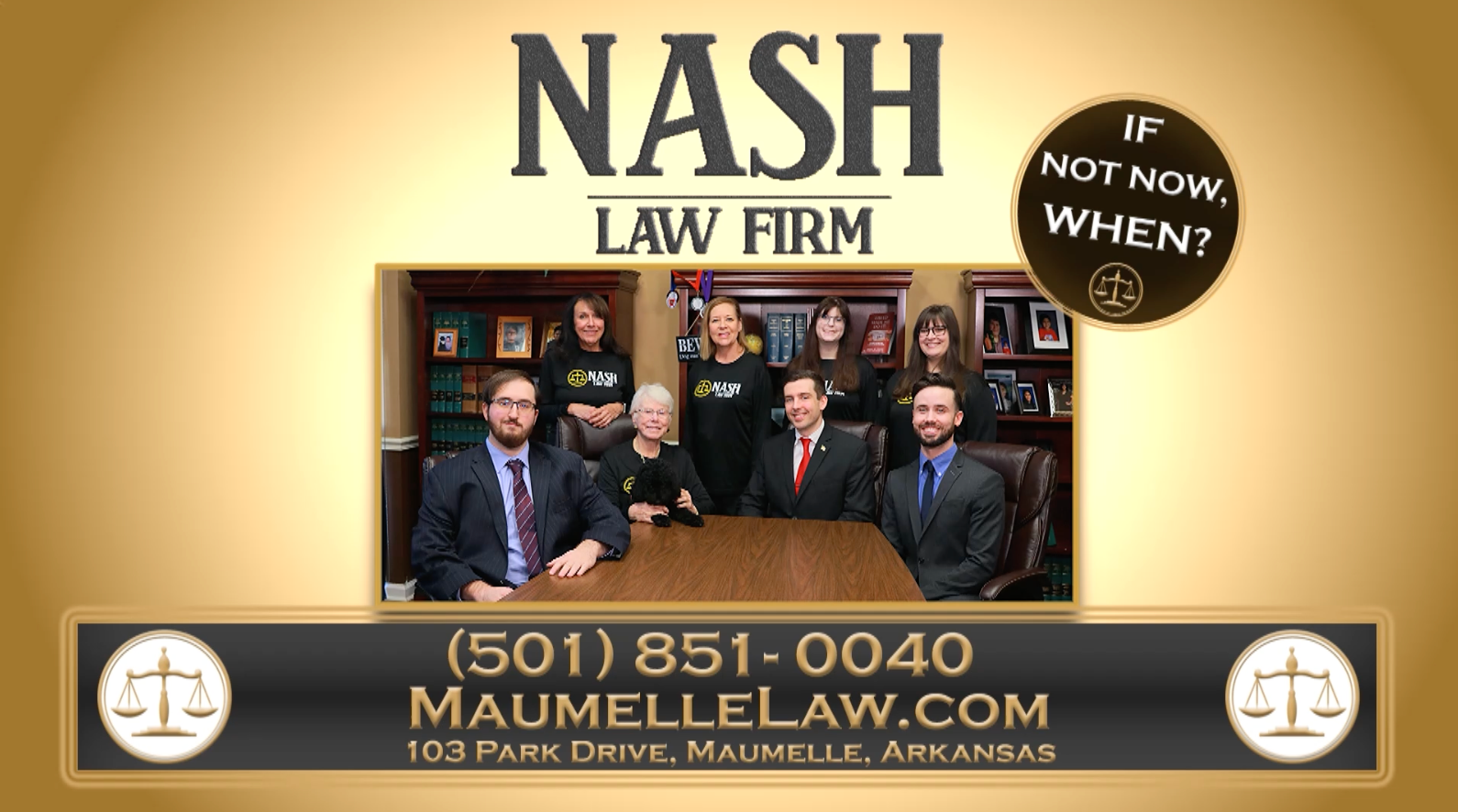Common Mistakes in Estate Planning and How to Avoid Them

Estate planning is essential for ensuring that your assets are distributed according to your wishes and that your loved ones are provided for. However, many people make common mistakes in the process. Here are some of the most frequent errors and tips on how to avoid them.
Not Having a Plan
One of the biggest mistakes is not having an estate plan at all. Without a plan, the state will determine how your assets are distributed, which may not align with your wishes. Start by creating a basic will and consider other estate planning tools as needed.
Failing to Update Your Plan
Life changes such as marriage, divorce, the birth of a child, or the death of a loved one can significantly impact your estate plan. Failing to update your plan to reflect these changes can lead to unintended consequences. Review your estate plan regularly and make necessary adjustments.
Overlooking Beneficiary Designations
Beneficiary designations on accounts such as life insurance, retirement plans, and bank accounts supersede the instructions in your will. Ensure that these designations are up-to-date and reflect your current wishes.
Not Planning for Disability or Incapacity
Many people overlook the possibility of becoming disabled or incapacitated. A comprehensive estate plan should include a durable power of attorney and a healthcare directive to ensure that your financial and medical decisions are handled according to your wishes if you are unable to do so yourself.
Ignoring Tax Implications
Estate taxes can significantly reduce the value of your estate. Consult with an estate planning attorney or tax advisor to understand the tax implications of your estate plan and explore strategies to minimize tax liability, such as setting up trusts.
Choosing the Wrong Executor
The executor of your estate is responsible for carrying out your wishes and managing your estate. Choosing someone who is not trustworthy, organized, or capable of handling the responsibilities can lead to complications. Select an executor who is reliable and has the necessary skills.
Not Considering Long-Term Care
Long-term care can be a significant expense, and failing to plan for it can deplete your estate. Consider options such as long-term care insurance or setting aside funds specifically for this purpose.
Overcomplicating Your Plan
While it’s important to have a comprehensive estate plan, overcomplicating it with unnecessary trusts or other instruments can lead to confusion and difficulties in execution. Work with an experienced estate planning attorney to create a plan that meets your needs without unnecessary complexity.
Conclusion
Avoiding these common estate planning mistakes can help ensure that your assets are distributed according to your wishes and that your loved ones are provided for. Regularly reviewing and updating your plan, considering tax implications, and planning for disability or incapacity are all crucial steps.
At Nash Law Firm, we can help you navigate the complexities of estate planning and avoid common pitfalls. Contact us today for a free consultation to ensure your estate plan is comprehensive and up-to-date.
DISCLAIMER:
The information provided on this website does not, and is not intended to, constitute legal advice; instead, all information, content, and materials available on this site are for general informational purposes only. Information on this website may not constitute the most up-to-date legal or other information. This website contains links to other third-party websites. Such links are only for the convenience of the reader, user or browser; the Nash Law Firm does not recommend or endorse the contents of the third-party sites.
Readers of this website should contact their attorney to obtain advice with respect to any particular legal matter. No reader, user, or browser of this site should act or refrain from acting on the basis of information on this site without first seeking legal advice from counsel in the relevant jurisdiction. Only your individual attorney can provide assurances that the information contained herein – and your interpretation of it – is applicable or appropriate to your particular situation. Use of, and access to, this website or any of the links or resources contained within the site do not create an attorney-client relationship between the reader, user, or browser and website authors, contributors, or Nash Law Firm.









![Nash Law Firm Logo [click to return home] Nash Law Firm](https://lirp.cdn-website.com/8c4d5b2c/dms3rep/multi/opt/nashlogo_colorgray_horz-1920w.png)


![Nash Law Firm Logo [click to return home] Nash Law Firm Logo](https://lirp.cdn-website.com/8c4d5b2c/dms3rep/multi/opt/nashlogo_whgold_horz-1920w.png)

